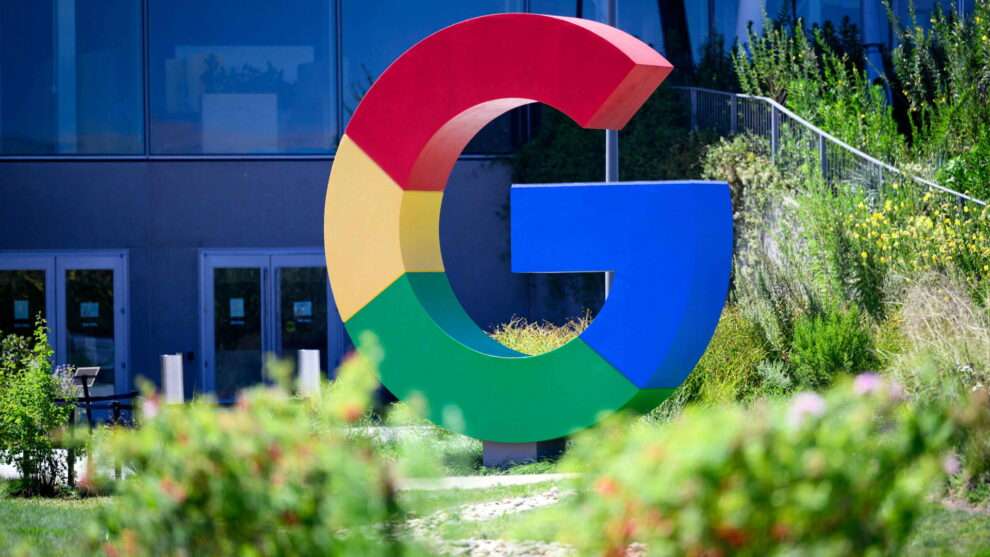Few companies have shaped the digital landscape as profoundly as Google. What began as a research project in a Stanford dorm room has grown into a global powerhouse, influencing how billions access information. Google’s journey to becoming the world’s most dominant search engine is a story of innovation, strategic decisions, and relentless focus on user experience.
The Humble Beginnings: From Backrub to Google
In 1996, Larry Page and Sergey Brin, two Ph.D. students at Stanford University, collaborated on a research project called Backrub. Their goal was to develop a more efficient way to rank web pages by analyzing backlinks—essentially treating the web as a vast network where pages with more high-quality links would be deemed more authoritative.
This concept evolved into PageRank, the foundational algorithm that would later power Google. Unlike early search engines that relied on keyword frequency or paid placements, PageRank assessed relevance based on the quality and quantity of links pointing to a page. This approach delivered far more accurate results, setting Google apart from competitors like AltaVista and Yahoo.
In 1998, Page and Brin officially launched Google as a company, operating out of a garage in Menlo Park, California. The name Google was a playful twist on googol, a mathematical term representing the number 1 followed by 100 zeros—reflecting their mission to organize the seemingly infinite information on the web.
Early Innovations That Set Google Apart
From the outset, Google prioritized speed, accuracy, and simplicity—key factors that would cement its dominance.
1. A Clean, Fast Interface
While competitors cluttered their homepages with ads and news, Google offered a minimalist design with a single search box. This not only made searches faster but also reduced distractions, allowing users to find what they needed without unnecessary noise.
2. Superior Search Algorithms
Google’s PageRank algorithm was revolutionary because it ranked pages based on authority rather than just keyword matching. This meant users got more relevant results, reducing the frustration of sifting through spammy or low-quality pages.
3. Continuous Iteration and Improvement
Unlike many early search engines that remained static, Google constantly refined its algorithms. It introduced updates like Panda (targeting low-quality content) and Penguin (penalizing spammy links), ensuring that search results remained trustworthy and useful.
Strategic Moves That Cemented Google’s Dominance
Google didn’t just rely on superior technology—it also made shrewd business decisions that expanded its influence.
The Birth of AdWords (Now Google Ads)
In 2000, Google launched AdWords, an advertising platform that allowed businesses to bid for ad placements alongside search results. Unlike traditional banner ads, AdWords used a pay-per-click (PPC) model, ensuring advertisers only paid when users engaged. This system was not only profitable but also kept ads relevant, enhancing rather than disrupting the user experience.
Acquisitions That Expanded Reach
Google’s strategic acquisitions played a crucial role in its growth:
- YouTube (2006) – Secured dominance in online video.
- Android (2005) – Positioned Google as a leader in mobile.
- DoubleClick (2007) – Strengthened its digital advertising capabilities.
Each acquisition helped Google diversify beyond search, making it indispensable across multiple digital ecosystems.
Expanding Beyond Search: Gmail, Maps, and Chrome
Google understood that to retain users, it needed to offer more than just search. Products like Gmail (2004), Google Maps (2005), and Chrome (2008) created a seamless ecosystem where users relied on Google for multiple daily tasks. This strategy increased engagement and ensured that search remained the core of its business.
The Mobile Revolution and the Rise of AI
As smartphones took over, Google adapted swiftly. The launch of Android ensured that Google Search remained the default choice for mobile users. Additionally, innovations like Google Assistant and Voice Search leveraged artificial intelligence to make search more intuitive.
The introduction of RankBrain in 2015 marked a shift toward machine learning in search rankings. Instead of relying solely on predefined algorithms, Google’s systems began learning from user behavior to deliver even more precise results.
Challenges and Controversies
Despite its success, Google has faced scrutiny over privacy concerns, antitrust allegations, and accusations of stifling competition. The rise of alternative search engines like DuckDuckGo reflects growing demand for privacy-focused options. Yet, Google’s continuous innovation and deep integration into digital life have kept it ahead.
Why Google Remains Unrivaled
Google’s dominance stems from several key factors:
- Relentless focus on speed and accuracy – Users trust Google to deliver fast, relevant results.
- Constant adaptation – Whether through AI, mobile optimization, or new products, Google evolves with technology.
- A vast, interconnected ecosystem – From email to cloud storage, Google services reinforce each other.
The Future of Search
As AI advances, Google continues integrating generative AI into search with tools like Search Generative Experience (SGE), offering summarized answers instead of just links. While competitors like OpenAI’s ChatGPT pose new challenges, Google’s vast data resources and infrastructure give it a formidable edge.
Google’s rise from a Stanford research project to the world’s most powerful search engine is a testament to visionary thinking, technological excellence, and strategic execution. By prioritizing user experience, embracing innovation, and expanding into complementary services, Google has not only dominated search but reshaped how humanity accesses knowledge. As technology evolves, one thing remains certain: Google will continue adapting, ensuring its place at the forefront of the digital age.
















Add Comment